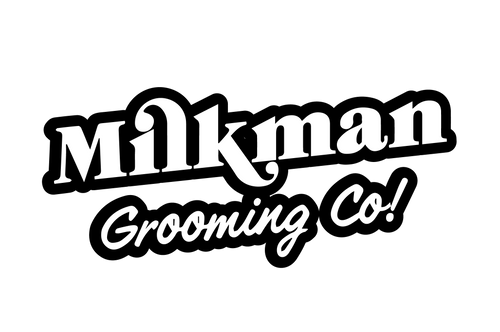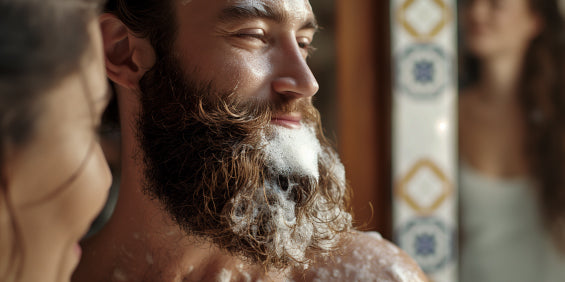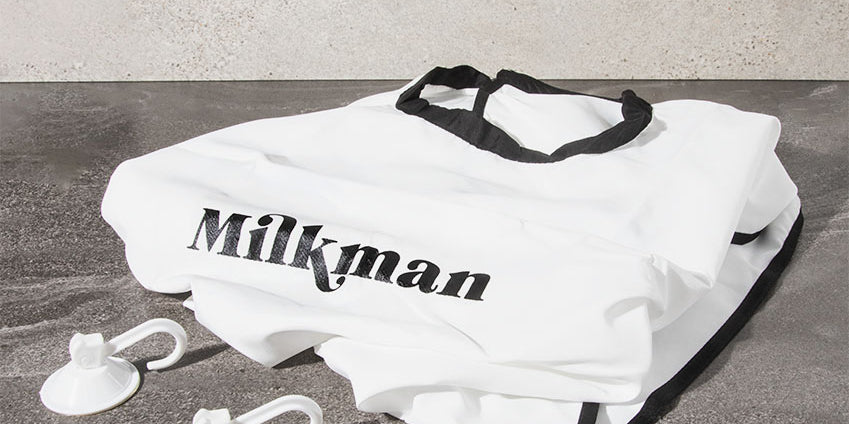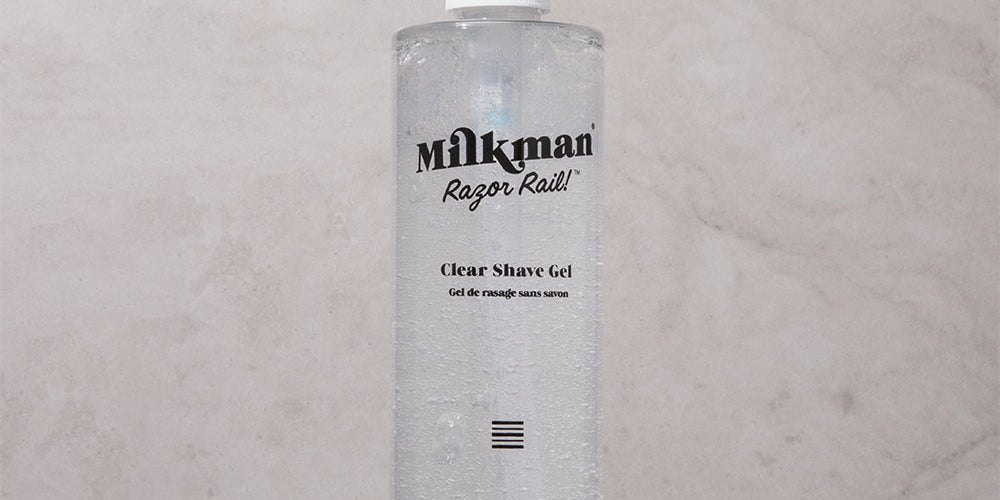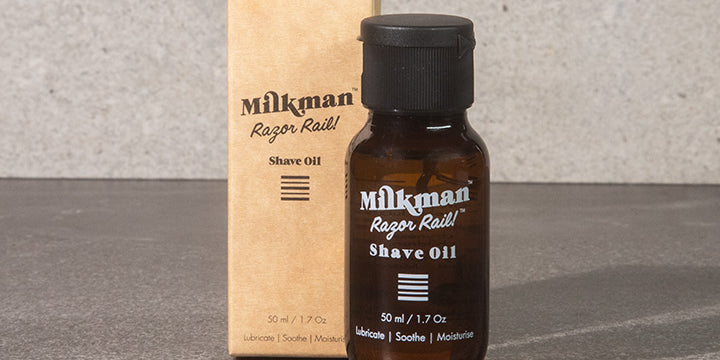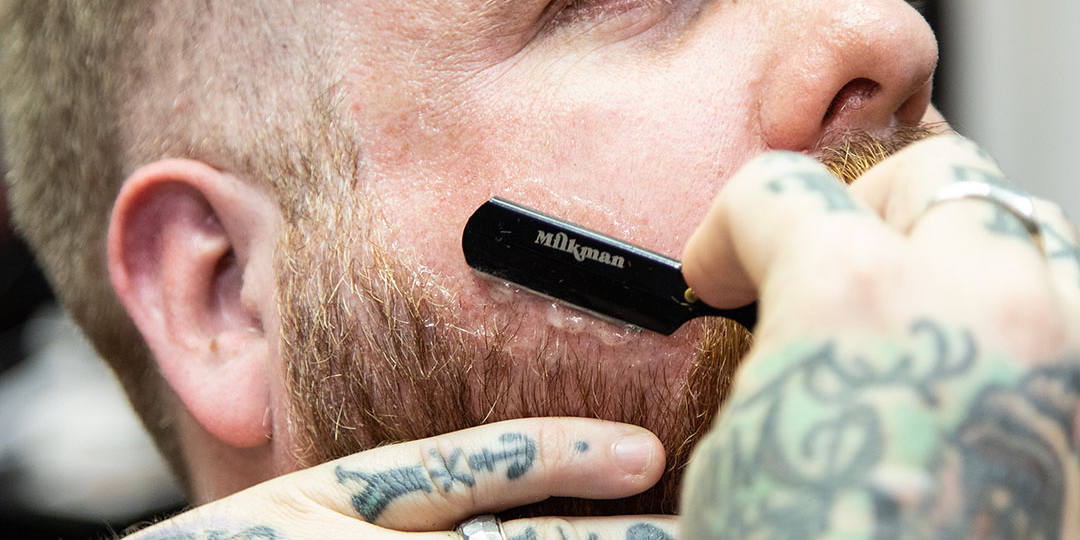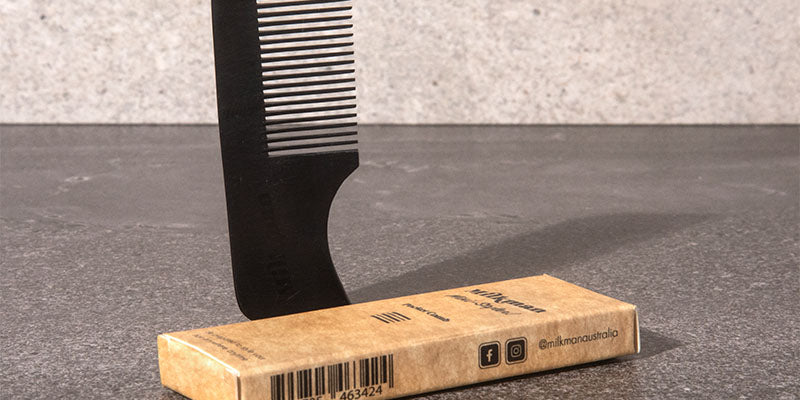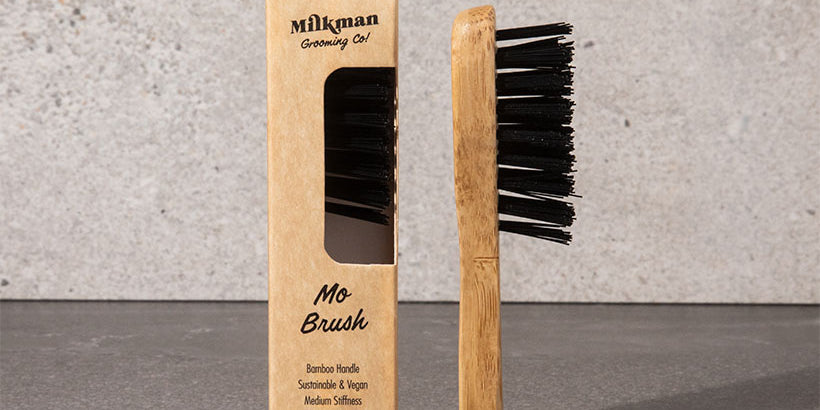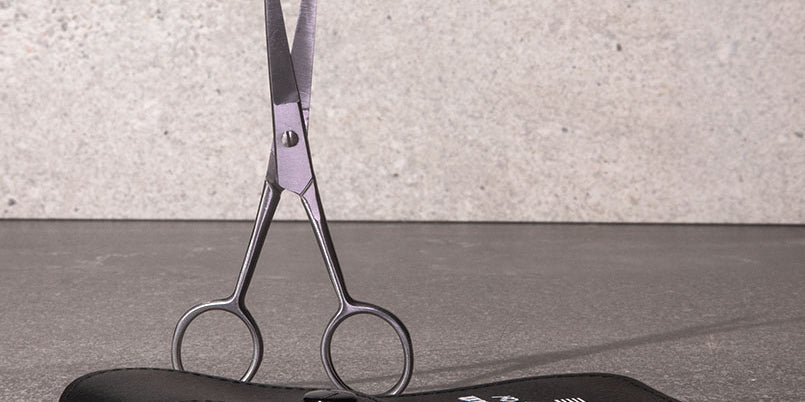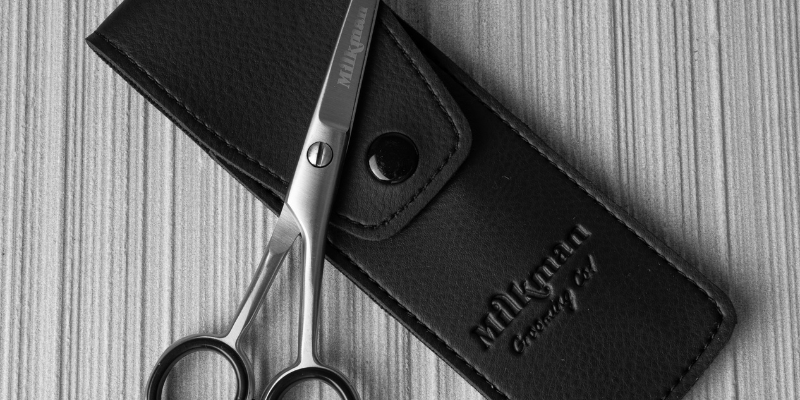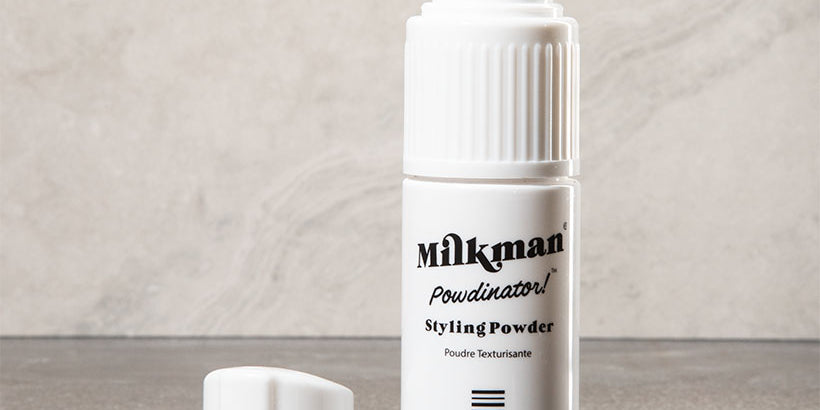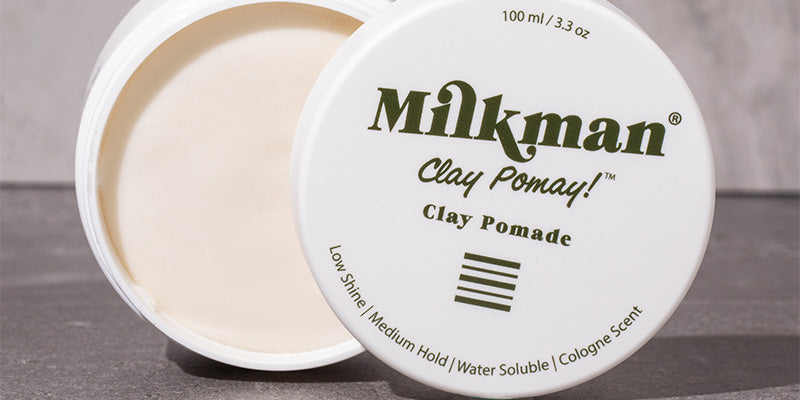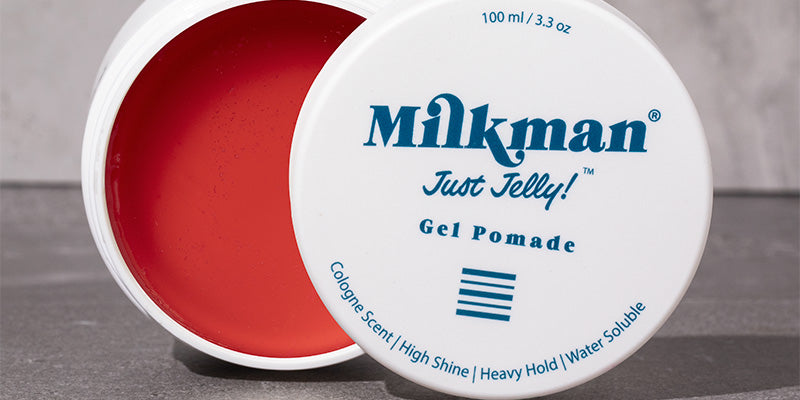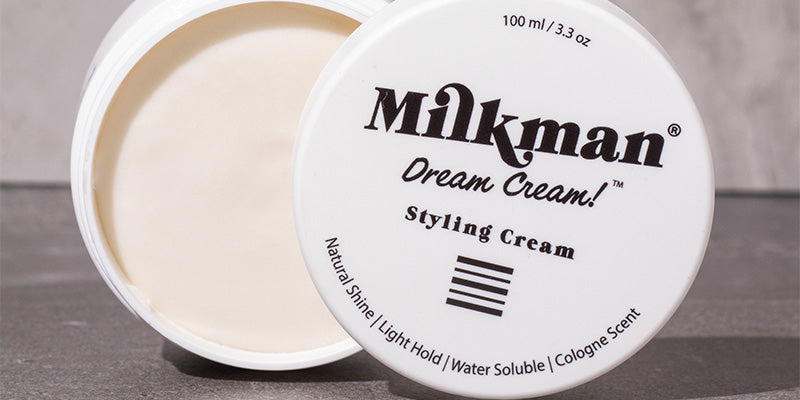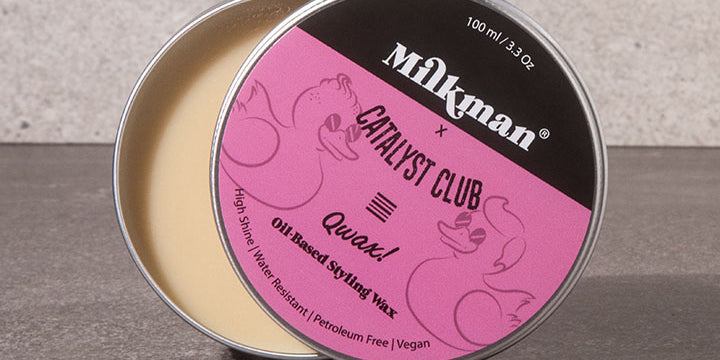
Mechanical irritation causes by a newly grown beard rubbing on the virgin beard skin beneath it. I'll never forget the look of incredulity when I first told my mum that I was making beard oil. "What's that?" she asked, probably envisioning me engaging in some bizarre oil dousing ritual in the hope that my beard would become more uniform in colour and density (which is never going to happen). Either that, or she was puzzled as to why I would spend so many years studying to be a scientist in a high tech lab only to end up trying to make a living mixing oils together.
Itchy twitchy what?
After I explained to mum what was in it and that it was a real thing us bearded types use she was on board. "Oh", she said, "that's a great idea". There are actually a few good reasons to use beard oil but as far as I can tell, the main reason guys seek it out initially is because of beard itch. There can be a number of causes of beard itch, the main ones being:
- Drying out of the skin under the beard, a common problem that is often exacerbated by using the wrong cleansing products that strip natural oils from the face.
- A sensitivity to chemicals in skin care products (common examples include sulphates and parabens that are prevalent in many body and face washes, shampoos, and conditioners).
- A medical condition like contact dermatitis or eczema.
There isn't a whole lot beard oil can do for the last two (although there are other potential solutions I will discuss in another post) but the remainder are conditions that are screaming out for a good oil to make things right.
How beard oil can help
Although we use the singular term beard "oil", it is actually a cocktail of oils that serve different functions, such as moisturising the face, creating a protective layer on the skin, lubricating and softening the hair follicles and creating a nice sheen to the beard hair. The effect of each oil is tied to its composition because each contains its own cocktail of molecules that impart various physical properties. Most relevantly these molecules include fatty acids of varying lengths and levels of saturation (whether it be saturated, unsaturated or polyunsaturated) and a combination of phenols.
The upshot of this is some oils will be light and more or less replicate the lubricating function of the skin's natural sebum and others will be denser, sticking to the hair follicles and creating a protective barrier. Some oils can even penetrate the hair follicle to give it a nice sheen and protect it from damage. For example, this study reported that coconut oil could penetrate hair follicles, whereas mineral oil and sunflower oil were about as welcome as Myley Cyrus at a Valentine's dinner with your girlfriend.
And just when you think I've harped on enough, there are even oils that have been associated with antioxidant and anti-inflammatory activity that may bolster the soothing effects of a beard oil. Favourites of Milkman Australia include jojoba and argan oil, the latter being touted as a wonder-product for hair and the former also being associated with hydrating properties that draws moisture into the skin (called a humectant). Naturally, these oils are intended to complement the physical properties of others in the beard oil cocktail.
Last but not least, a good beard oil will almost inevitably also contain a mixture of essential oils. These oils contain aromatic compounds to create an alluring scent that will, for all intents and purposes, act as a mild cologne if done properly. On this note, it is worth pointing out that as the carrier for these essential oils is, well... more oil, the volatile compounds that create fragrance will tend to last longer than when used in alcohol (such as in an after shave or cologne), so be prepared to smell your beard oil for a long time after you apply it.
It's getting late now so before I have any more thoughts about Myley I will end the post here and continue on in part 2, where I will be digging a bit deeper into the types of oils that are typically used in a beard oil product.

